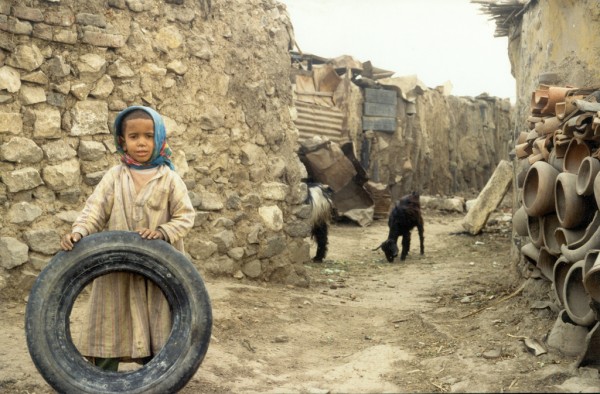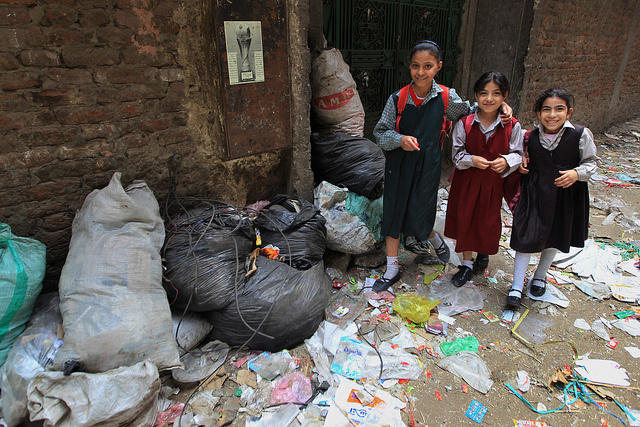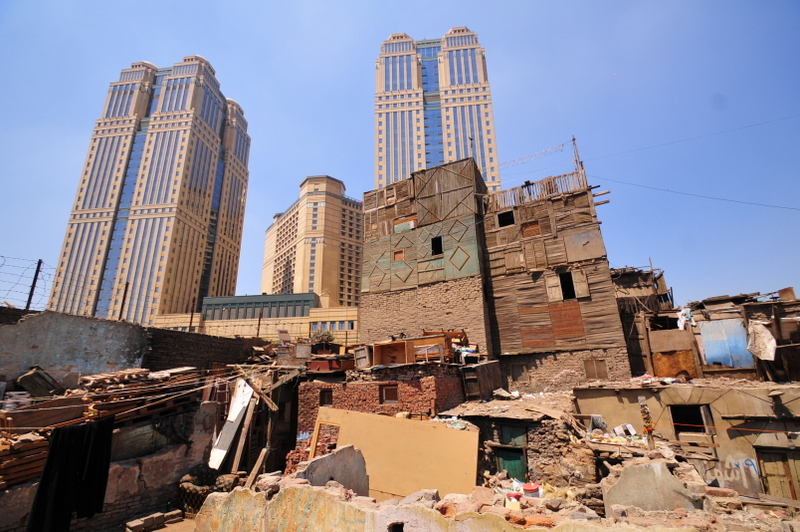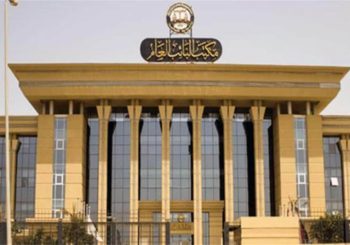
According to Al Ahram, the Egyptian Ministry of Social Solidarity has created a database in which it recorded 25 million low-income Egyptians. The aim of the database, which was created in collaboration with the private sector and NGOs, was to reduce the economic burdens of those belonging to that economic class.
The news reported by the Minister of Social Solidarity, Ghada Wali, on Sunday at the Narrative PR forum.
The ministry stated that information technology is provided to provide different types of financial support to low-income families although it was not made clear the exact nature of the assistance.
Wali also stated that a new law prepared by the ministry to protect and economically assist citizens with special needs was approved by parliament. On the Ministry’s agenda was also to build housing units.
The Narrative PR forum is an international publication forum organized under the aegis of the Egyptian Prime Minister.

The Ministry of Social Solidarity launched an an aggressive two-year project called ‘‘2 Kefaya (Two [children] is enough)” at the end of May in order to get curb the number of children in Egypt, particularly in the most populated areas. Uncontrolled population has been a major factor in rising poverty, namely in villages.
In 2016, previous Minister of Planning and Administrative Development Ashraf El-Araby announced that the poverty rate in Egypt has risen from 26 to 27.8 percent, saying that in absence of reform procedures, the rate would have reached 33 percent.
The new international poverty line, established by the Wold Bank, stands at $US 1.90 per person per day; this is equivalent to EGP 34 per day and EGP 1,015 per month per person.
Many Egyptians still make a living wage day per day; the monthly income can vary particularly with jobs belonging to the informal market. Most professions aim for a minimum of EGP 1,500 however this varies according to the state and profession. Those making under EGP 322 are considered to be under the extreme poverty line while those earning EGP 482 are considered under the average poverty line.
In order to bear the brunt of Egypt’s increasing prices, many opt to take on debts although Egypt’s most underprivileged often find themselves in prison for debt defaulting sums as small as EGP 1000. As such, Parliament started to draft a new penal code that will replace prison and custodial sentences with monetary fines or community service.







Comments (0)